There are so many things to do in Montreal and so many places to see that it can be difficult to know which path to take, especially for first-time travelers.
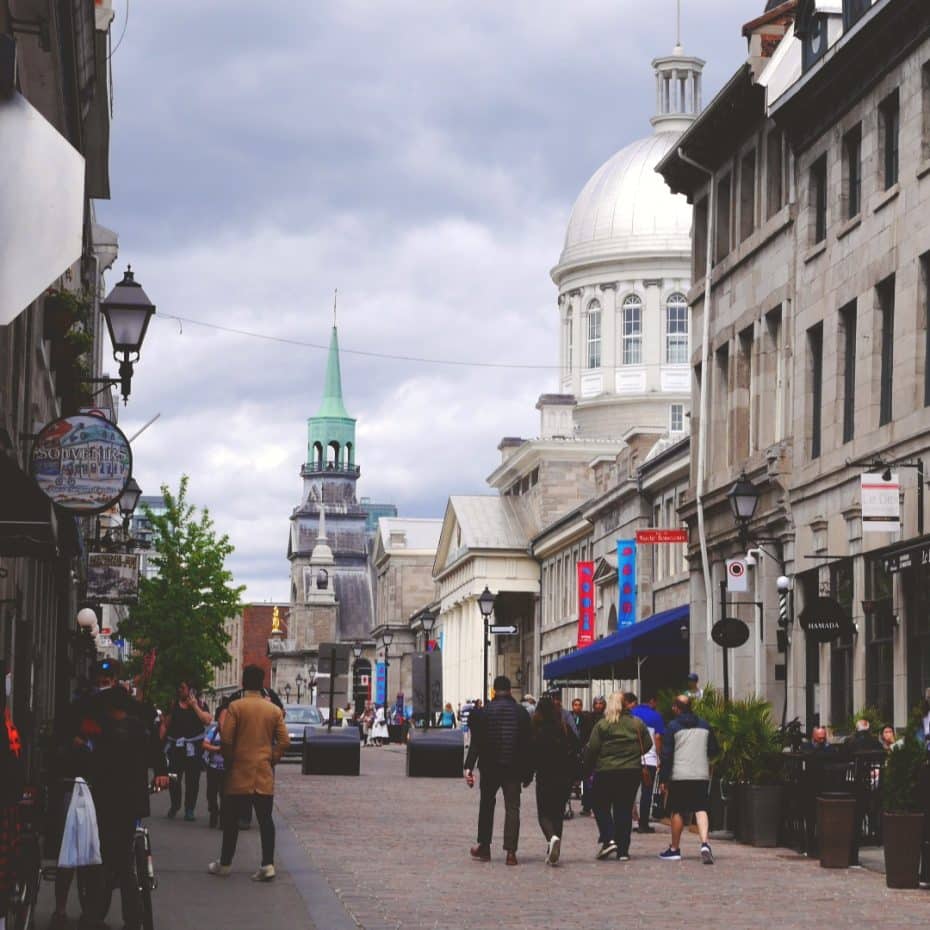
To help you enjoy your visit as much as possible, we have prepared a walking itinerary through the historic center of Montreal that will be very useful if you visit the city for the first time. It includes must-see attractions, picturesque streets, and the best places to visit in Old Montreal, one of the most spectacular neighborhoods in North America.
Why is it Worth Visiting Vieux Montréal?
Known as Old Montreal in English, Vieux Montréal (Old Montreal) is a popular tourist destination and the historical and cultural heart of the great city of Quebec. This elegant district, founded as a French settlement in 1642, showcases its history through cobblestone streets, graystone buildings, and heritage sites.
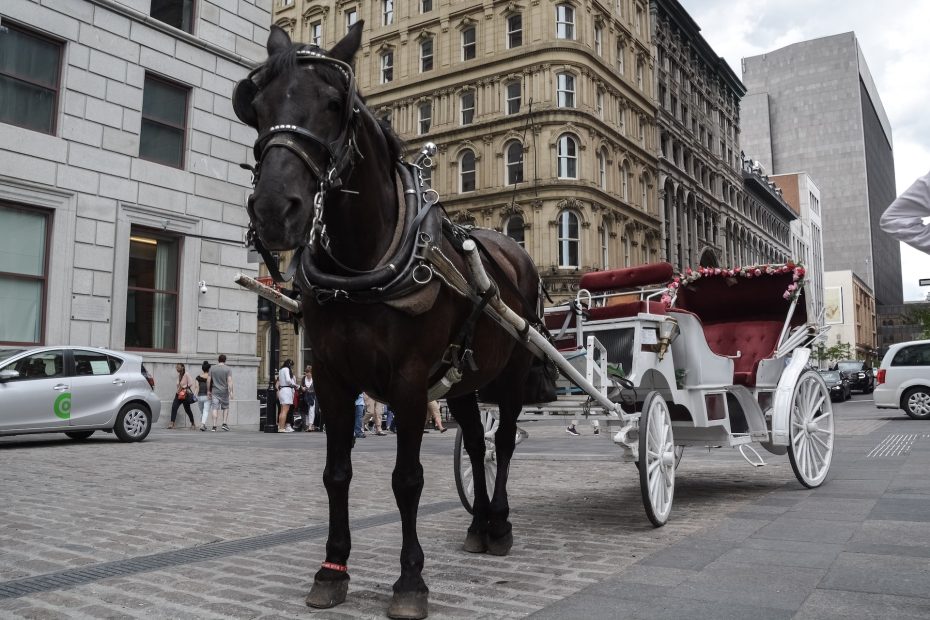
This lively neighborhood is one of Montreal’s main tourist attractions thanks to its charm and architecture, which are reminiscent of the Old Continent.
Where is the historic center of Montreal located, and how can you get there?
Old Montreal is located between the St. Lawrence River and Downtown Montreal’s Financial District. It covers approximately one square kilometer, and its boundaries are roughly Rue Saint-Antoine, the St. Lawrence River, Rue Berri, and Rue McGill.
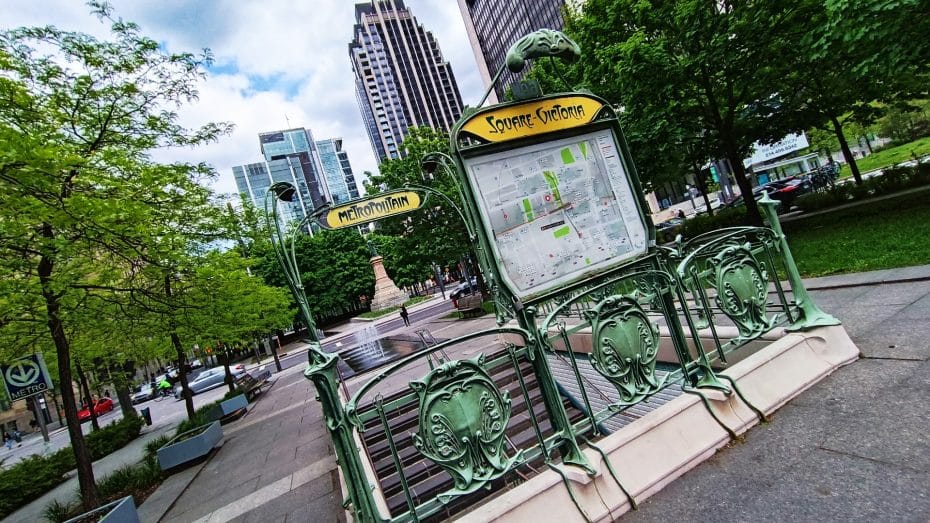
The best way to reach Old Montreal is by metro via the Square-Victoria, Place-d’Armes, or Champ-de-Mars stations (all on the orange line), and once there, explore on foot.
Driving to Vieux Montréal is not recommended, as the cobblestone streets are narrow and parking can be difficult to find.
You can appreciate Old Montreal simply by wandering its streets aimlessly, though it is also a good idea to stop by the tourist information office at 174 Rue Notre-Dame on the east corner of Place Jacques-Cartier to pick up a free map.
What to See and Do in Old Montreal
1. Place Jacques Cartier
You will most likely start your tour of Montreal’s historic quarter at the beautiful Place Jacques Cartier.
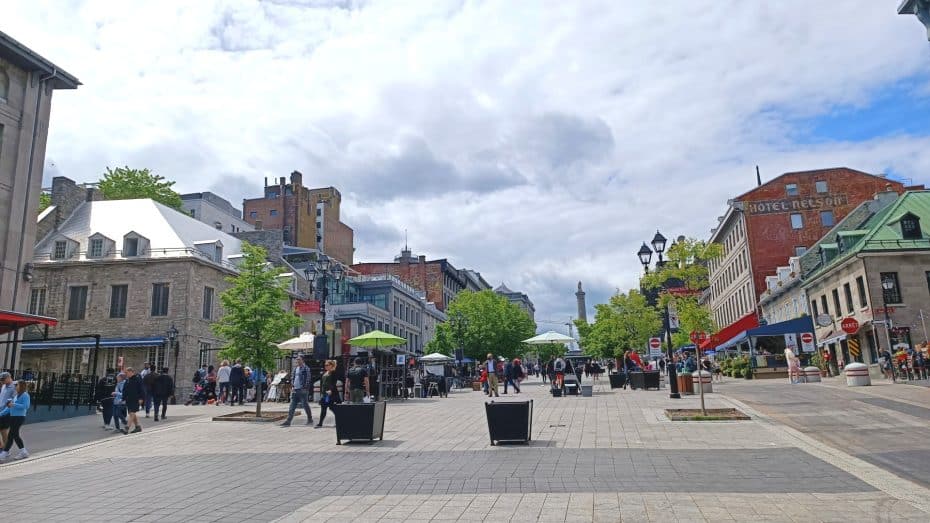
Named in honor of one of the earliest European explorers of Canada, this bustling square is the tourist epicenter of Montreal. Here, you’ll find numerous restaurants and cafés, as well as street musicians and ice cream shops.
Although the plaza has a highly touristy atmosphere, it is definitely worth visiting for its architectural ensemble in Nouvelle-France style.
Jacques Cartier Square is located next to some of the most iconic buildings in Montreal, such as the City Hall, Bonsecours Market, and Château Ramezay.
2. Montreal’s Notre Dame Basilica
The Notre Dame Basilica of Montreal, initially established as a humble stone church in the 17th century, is considered a jewel of Quebec’s heritage and a masterpiece of neo-Gothic architecture in the Americas.
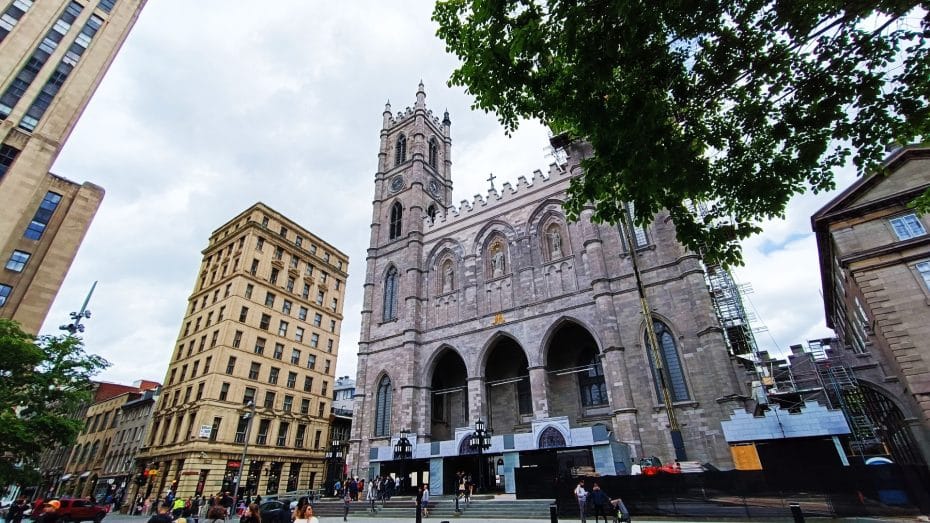
Constructed between 1824 and 1829, the church features twin towers reminiscent of Notre-Dame de Paris. The west tower houses the 10-ton Jean-Baptiste bell, while the east tower contains a carillon of ten bells. Three large statues, Saint Joseph, the Virgin Mary, and Saint John the Baptist, guard the entrance of this religious icon that welcomes millions of visitors each year.
The interior of the basilica is a sight to behold, with its blue hues, brilliant gold leaf ornamentation, intricate woodwork, religious paintings, and colorful stained glass windows. The interior decoration was completed in 1880.
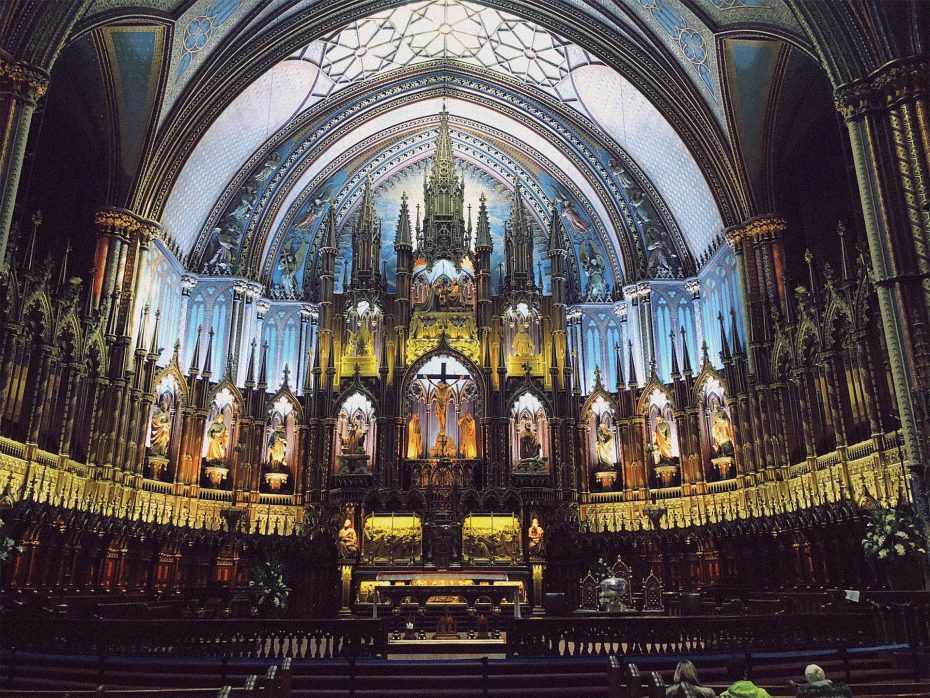
For more information about the basilica, you can take a self-guided tour or visit its official website.
3. Old Port of Montreal
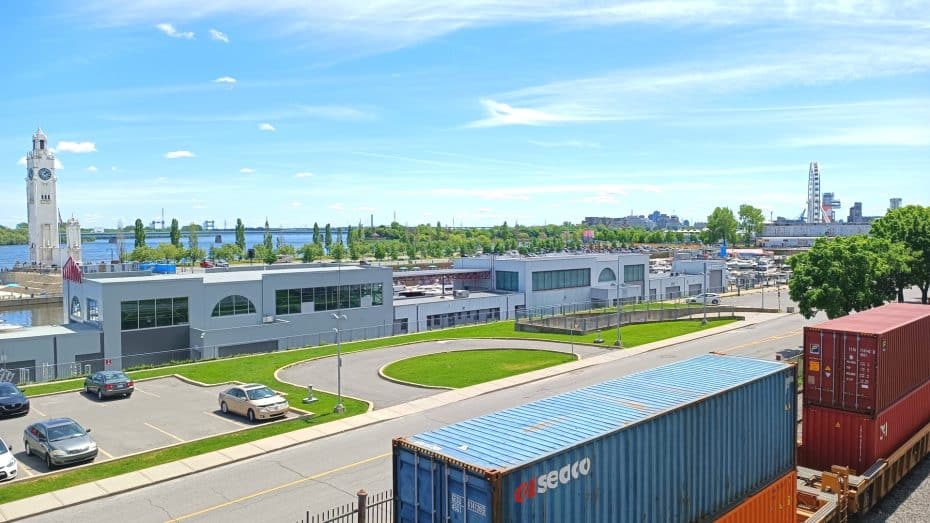
A stone’s throw from the city center, the Old Port always offers something to do in Montreal no matter the time of year.
This area of Old Montreal has attractions for the whole family and is a must-see if you are visiting the city with children.
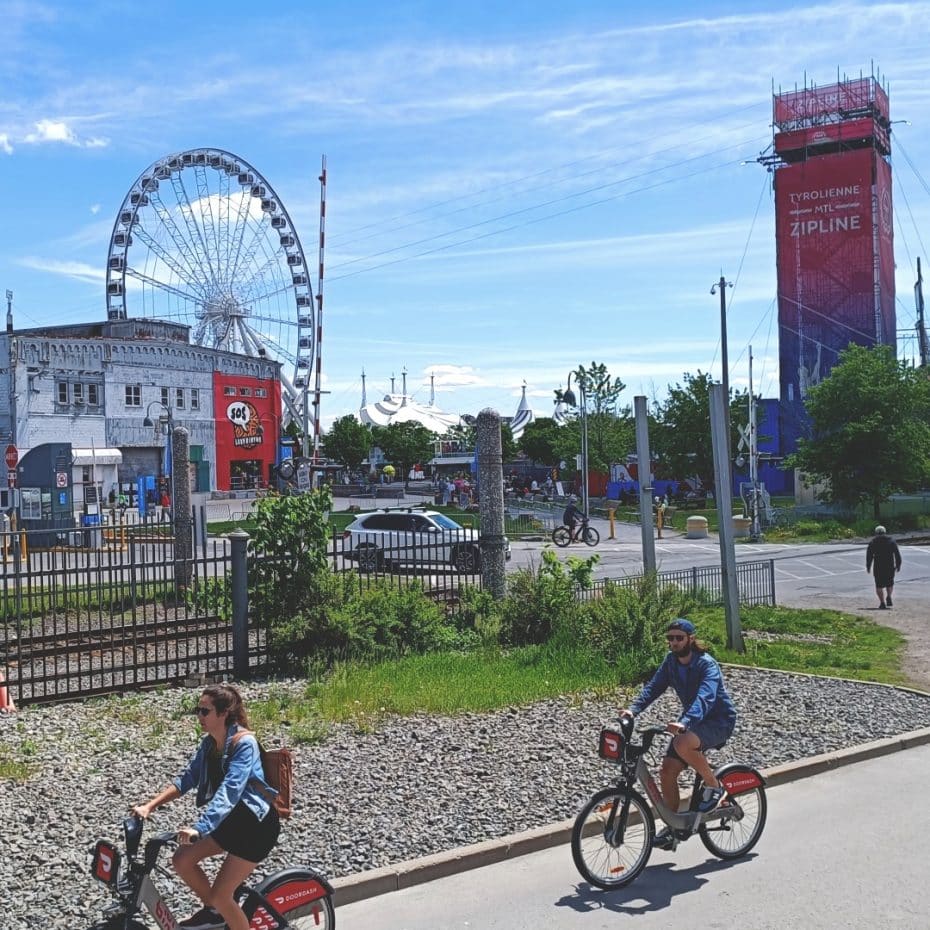
The Old Port area is full of history, a beautiful waterfront promenade, and, of course, stunning views of the St. Lawrence River. Additionally, it is an excellent place for a romantic walk, to admire the famous Habitat 67 architectural complex or to grab an ice cream.
Perhaps the most impressive attraction at the Old Port of Montreal is La Grande Roue de Montréal. Standing at 60 meters (197 feet) tall, it is the tallest Ferris wheel in Canada.
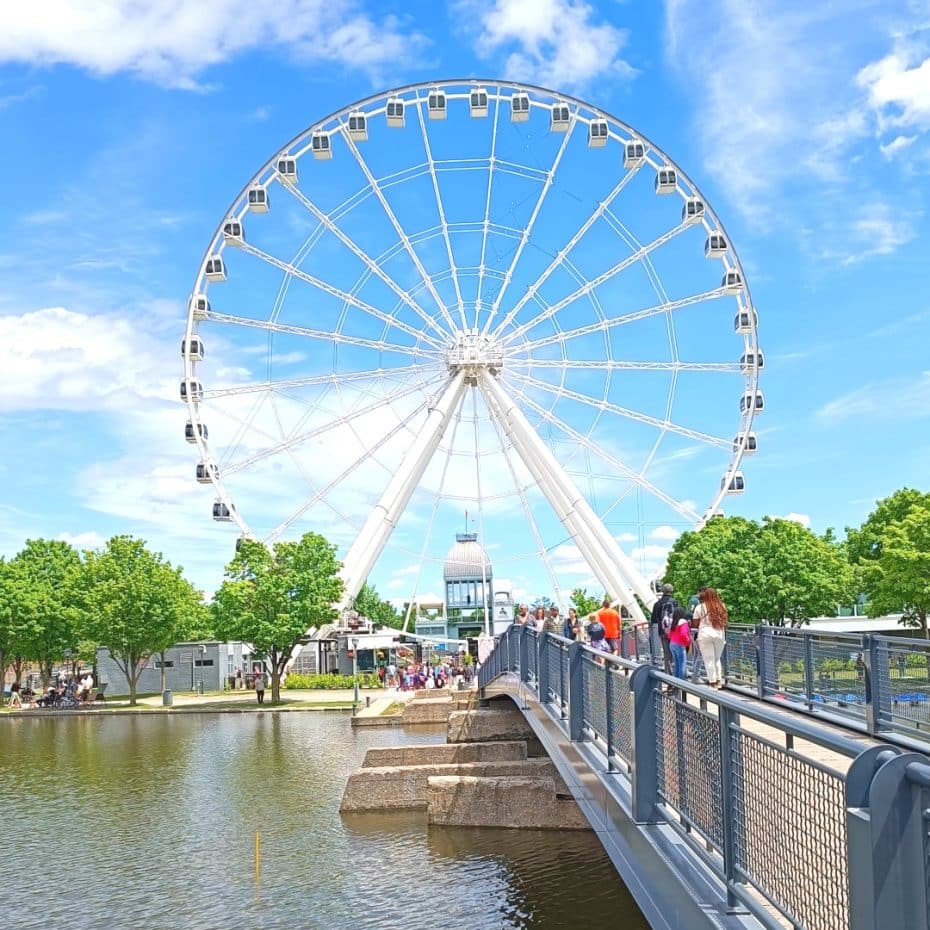
This large Ferris wheel was designed to offer an impressive view of the city from its 42 tempered glass cabins, which are also air-conditioned for a perfect visit during any season of the year.
Other attractions in the Old Port include:
- Farine Five Roses: This iconic 10-meter (32.8 feet) high sign is located above a massive flour mill and is famous for its flashing red lights, which serve as a reminder of the Old Port’s industrial past.
- Science Center: A fun museum where both children and adults will be entertained with everything related to science through a wide range of interactive exhibits covering topics from Star Wars to human evolution.
- Silo Number 5: Another example of Montreal’s industrial history, the silos located in Peel Basin were constructed in 1885 during the Industrial Revolution and were the tallest structures in the city.
- Clock Tower and Old Port Beach: This Old Port area features a historic clock tower and a sandy beach along the marina.
- MTL Zipline: If you need an adrenaline rush, the Old Port offers two ziplines that allow you to literally fly from a tower near the complex entrance to an area close to the river.
- Phi Foundation: For modern art enthusiasts, Old Port Montreal hosts this cutting-edge gallery that regularly presents and creates contemporary exhibitions with a focus on virtual reality.
4. Rue Bonsecours & Bonsecours Market
The charming Rue Bonsecours, next to Rue Notre-Dame, is one of the oldest streets in Old Montreal. It showcases a wide array of French architectural styles that were popular in the urban landscape of New France between the 17th and 19th centuries.
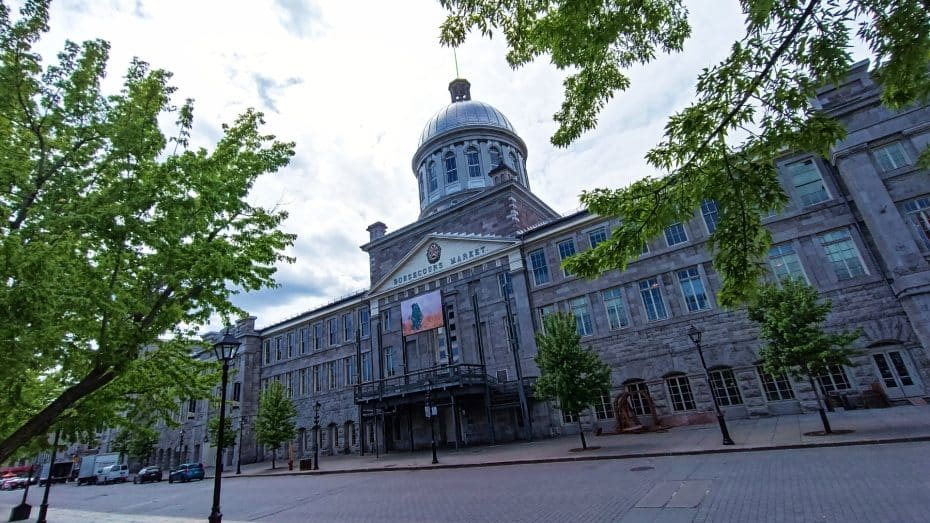
The Bonsecours Market (Marché Bonsecours) served as Montreal’s city hall before becoming the city’s vegetable market from 1878 to 1963. This significant heritage building is one of the city’s iconic landmarks.
Today, the building houses several interesting shops and boutiques and is a popular tourist spot. At the end of the street, the oldest church in Montreal, the Chapel of Our Lady of Bonsecours, is located.
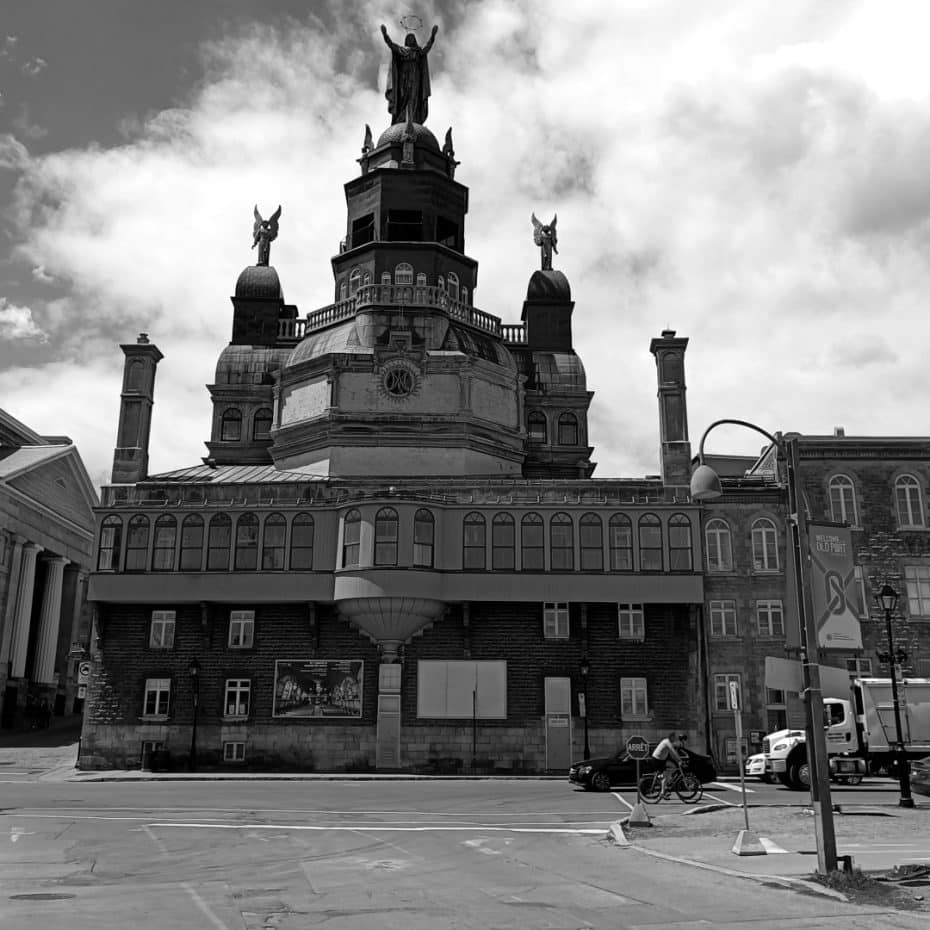
5. Rue Saint-Paul
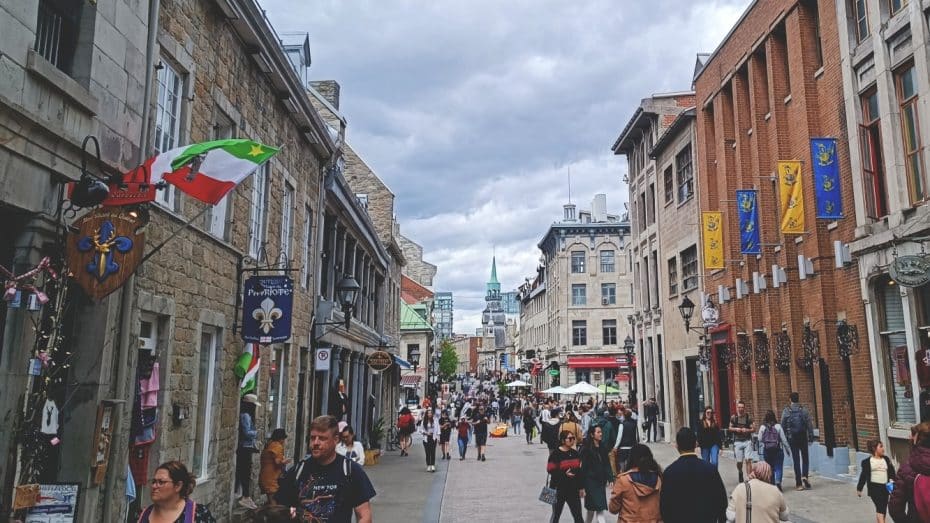
Saint-Paul Street gets its name from both Paul de Chomedey, the devout founder of the city, and Saint Paul the Apostle.
It is the oldest street in Montreal, completed in 1672 to connect the military fort and the Hôtel Dieu, an old hospital. Today it’s full of all kinds of shops and restaurants.
Every section of Rue Saint-Paul is pedestrianized, and during the day it is crowded with tourists.
If you are looking for places to stay in Old Montreal, this is one of the best places to find accommodation. Located in a historic building, the Le Petit Hotel Montreal is an excellent three-star option on this street. Along Saint Paul, you can also find great dining options.
6. Place d’Armes
The bustling Place d’Armes square is in the heart of the city and is known for hosting the Notre-Dame Basilica, the historic Bank of Montreal, and its small museum. The old Saint-Sulpice Seminary, adjacent to the basilica, dates back to 1685.
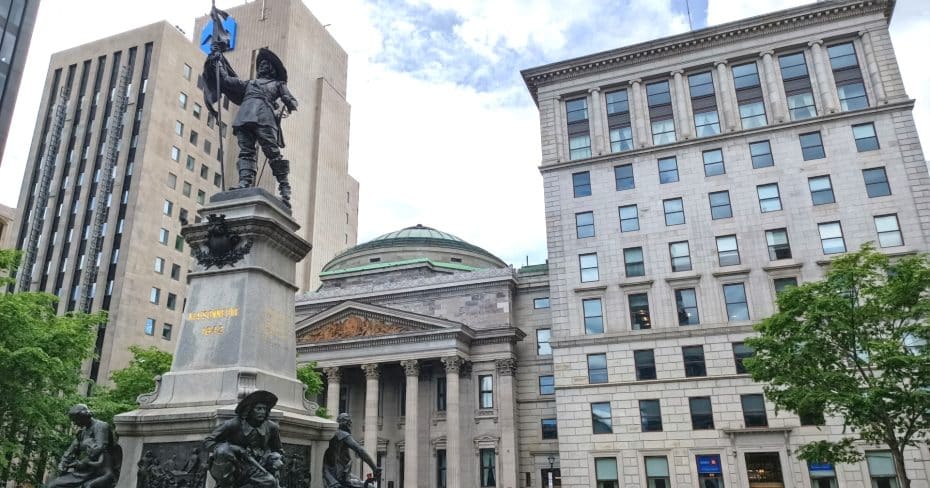
An interesting fact: Don’t miss the sculptural ensemble of “The Two Snobs,” an art installation featuring two bronze sculptures by Canadian artist Marc André J. Fortier. The artwork depicts an English man holding his pug and looking down imperiously at the Notre Dame Basilica, a symbol of the religious influence of French Canadians. At a distance of 213 feet (65 meters), on the building’s north corner, a woman dressed in Chanel-style attire holding a poodle glares offendedly at the Montreal Bank headquarters, symbolizing English power in the city. The two dogs are on high alert, sniffing out an opportunity to unite. The Two Snobs create an ironically poignant scene illustrating the cultural divide between Anglophone and Francophone Canadians.
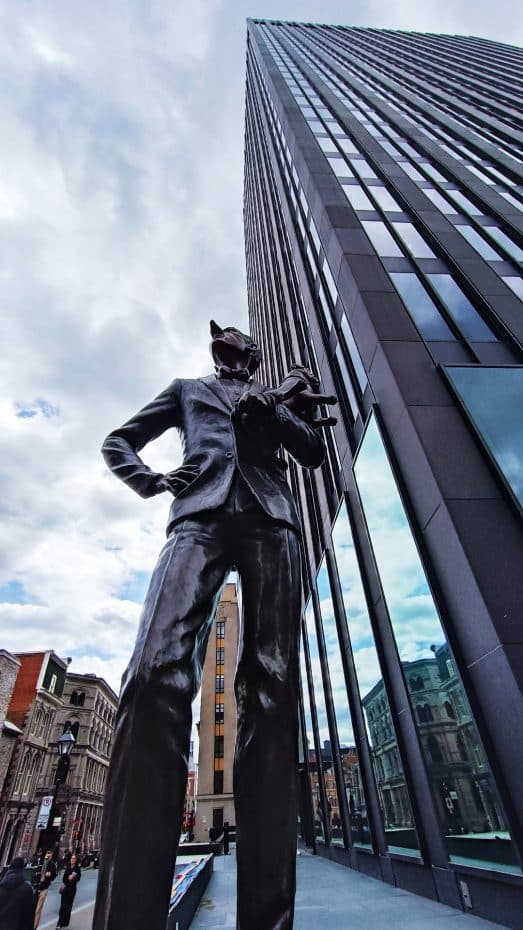
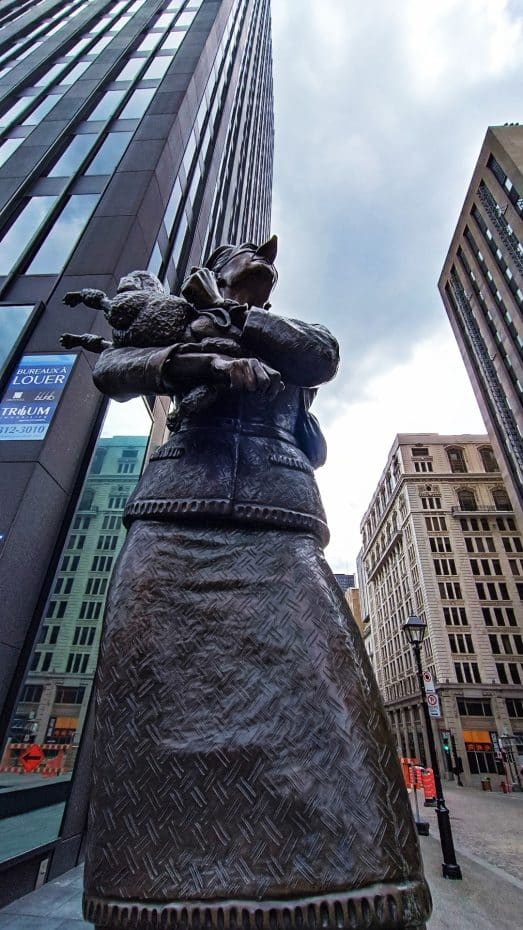
7. Montreal City Hall
The Montreal City Hall was designed by Henri-Maurice Perrault in the Napoleon III French Empire style. It was constructed between 1872 and 1878 and had to be restored after a fire in 1922.
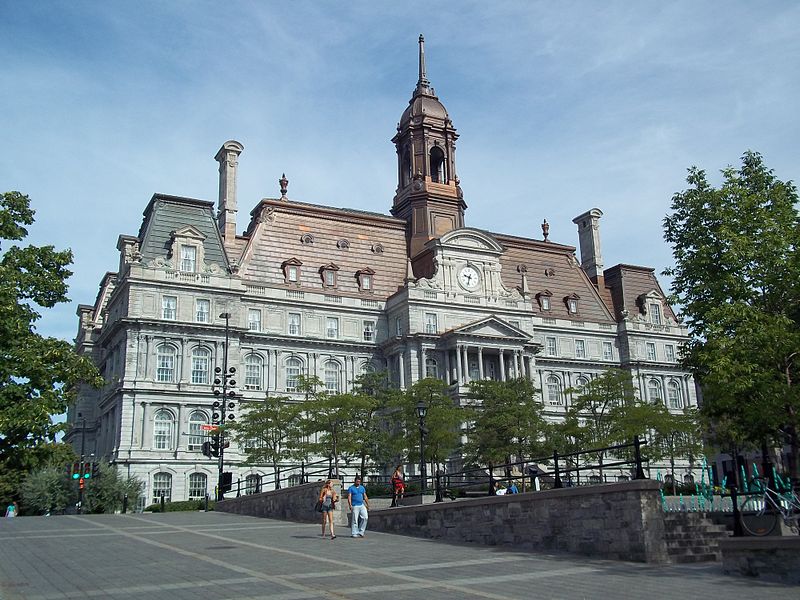
It was from the balcony of the Town Hall that, during his visit to Canada in the summer of 1967, French President Charles de Gaulle pronounced his famous phrase “Vive le Québec libre!” (Long live free Quebec). The declaration stirred enthusiasm among the crowd thronging Place Cartier but irritated the Federal Government of Canada.
8. Place d’Youville
Youville Square is another popular public space in Montreal and a starting point for exploring historic sites.
Next to the square, the Montreal History Center is located in a former red brick fire station dating back to 1903. It tells the story of Montreal’s four centuries of history.
9. Musée Pointe-à-Callière
Musée Pointe-à-Callière is a renowned archaeological site and museum.
At the southeast corner of Place Royale, you will find Pointe-à-Callière, the birthplace of the city of Montreal. Place Royale was the heart of the village, serving as its main market and parade ground during the colonial era.
The Musée d’archéologie et d’histoire documents the beginnings of the city by taking visitors underground to the remains of its earliest foundations. Two plaques and an obelisk, inaugurated in 1894, commemorate the foundation of the French colony in 1642.
Activities and Things to Do in Old Montreal
10. Guided Tours and Visits to Old Montreal
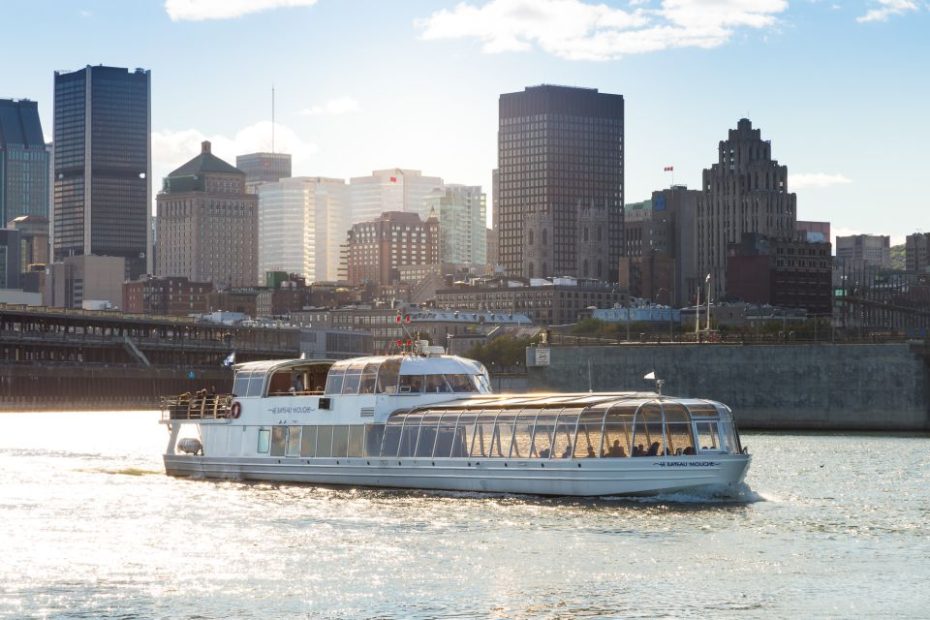
Just like in other major cities with complex histories, the best way to explore, but especially to understand, Montreal’s historic center is through a guided tour of its attractions. Fortunately, since it is one of Canada’s most important tourist destinations, this city offers dozens of activities, tours, and guided visits.
Here is a list of some of the best tours and activities you can do in Vieux Montreal:
- Montreal: 48-hour Hop-On Hop-Off Double Decker Bus Tour
- Montreal: Private Tour with a Local Guide
- Montreal: Self-Guided Introduction to the City Tour
- Montreal: Small Group Evening City Tour
11. Shopping in Vieux Montreal
Montreal’s Old Town is a shopping destination in its own right.

Rue Saint-Paul is home to many stores and galleries where you can put your wallet to work.
If you’re looking for locally made items, head to the Boutique métiers d’art du Québec. You can also spend hours exploring the Bonsecour Market, an old market with more than a dozen boutiques with truly unique items.
Old Montreal’s most eclectic store, Espace Pépin, on rue Saint-Paul, sells everything from men’s and women’s designer clothing, footwear, accessories, handbags, tea, fragrances, and home goods to art.
As for galleries, check out the temporary exhibitions at DHC/ART Fondation pour l’art contemporain. Galerie d’art Blanche and Galerie LeRoyer also offer exhibitions of emerging Montreal artists, as well as local and international art.
12. Relaxing at a Spa
Some of the most interesting spas in Montreal are located in its historic center.
Among them, Bota Bota is the most recommended. It is a floating Nordic water circuit located on a boat anchored in the Old Port, near the corner of McGill Street. In addition to its relaxing spa circuit, Bota Bota offers spectacular views of the St. Lawrence River.
13. Staying in Vieux Montréal
It goes without saying that the historic center is one of the best areas to stay in Montreal. There’s nothing quite like waking up with amazing views and staying in one of the top-rated hotels in the city.
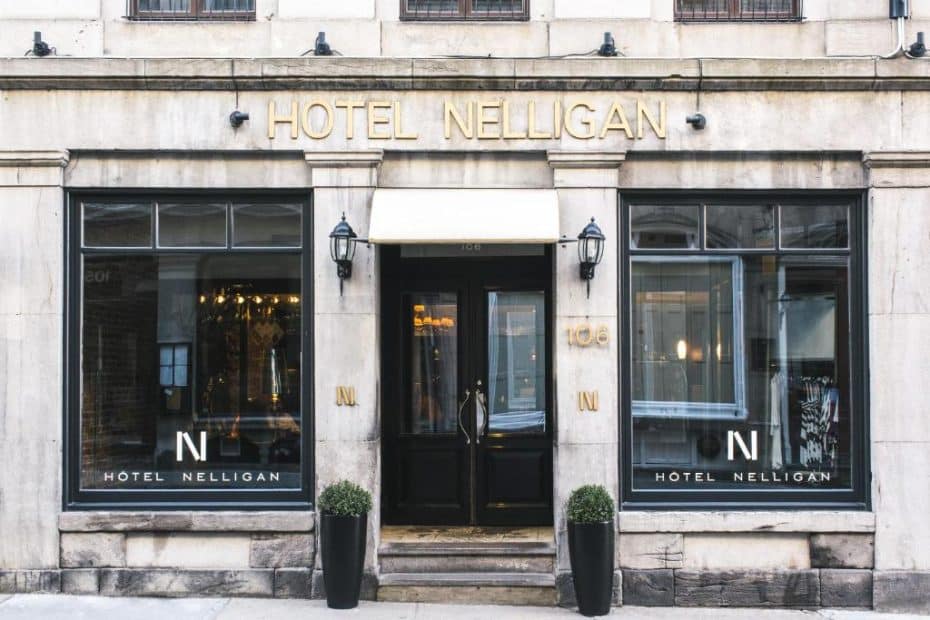
Some of the accommodations in this area are a bargain, while others are among the most luxurious hotels in Montreal.


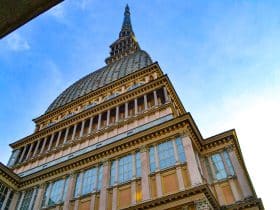
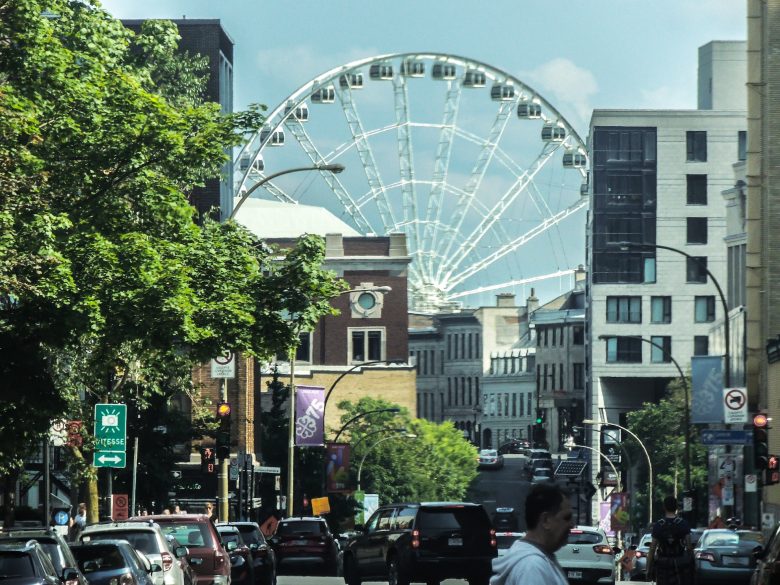
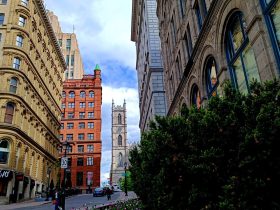
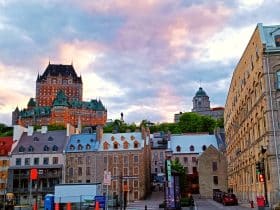
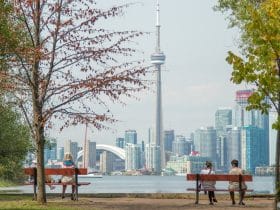


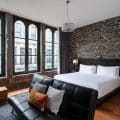
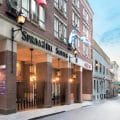


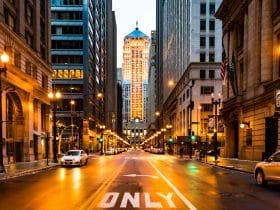
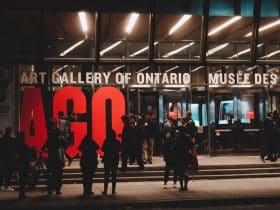

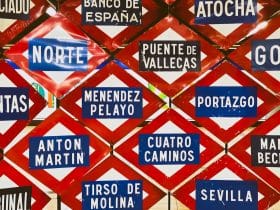
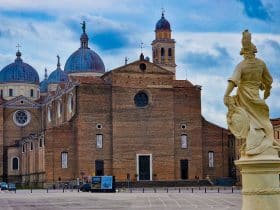
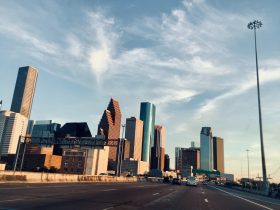
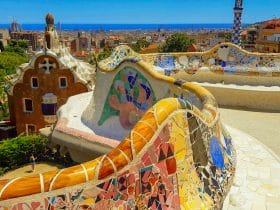
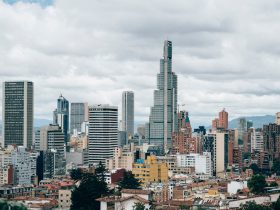
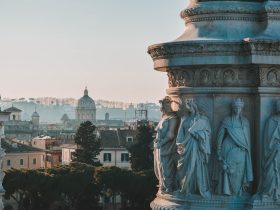
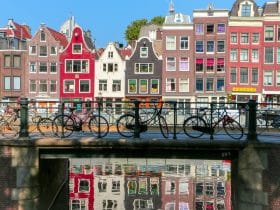
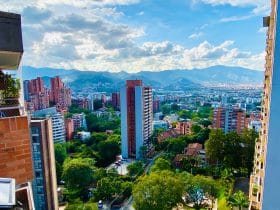
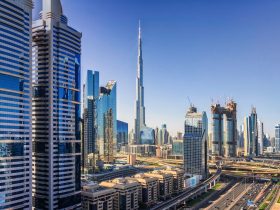
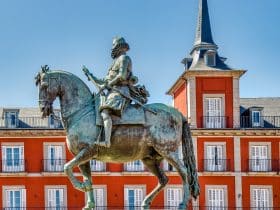
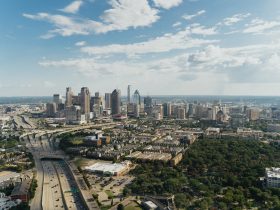
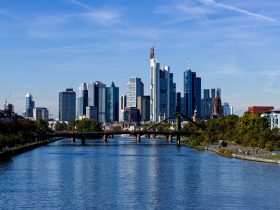
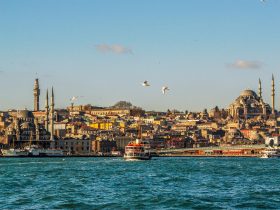


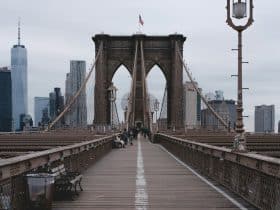
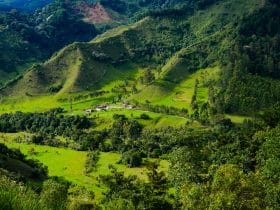
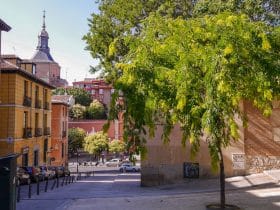
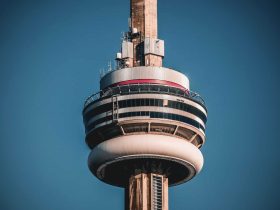
Leave a Reply
View Comments